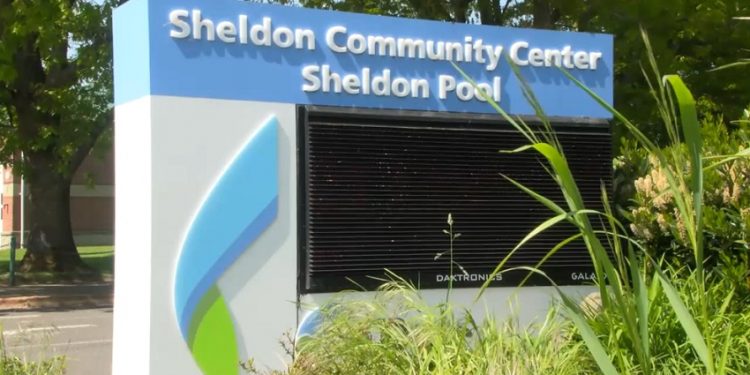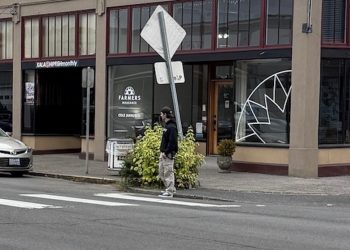EUGENE, Ore. – The City of Eugene is grappling with a significant budget shortfall, prompting the budget committee to meet on May 1 to discuss proposed cuts totaling $11.5 million to city services. These cuts could have far-reaching consequences for the community, with closures of cherished facilities and reductions in vital city services.
The potential closures include the Sheldon Community Center, which has served residents since 1967, and the Amazon Pool, a beloved local recreation spot since 1957. Both facilities could close as early as fall 2025 under the new budget proposal. The closures would mark a major loss for the city, impacting not only residents who use these spaces for recreation and community activities, but also the city’s overall quality of life.
The proposed budget cuts go beyond just facility closures. They also include substantial reductions to various city departments and alternative response programs, as well as the elimination of more than 200 temporary and seasonal positions. Additionally, the city is considering scaling back the hours of the downtown Eugene Public Library, limiting its availability to just two days a week. The cuts would also end the city’s animal sheltering contract with Greenhill Humane Society, further reducing resources for animal care and adoption services.
Tai Pruce-Zimmerman, the chair of the Eugene Budget Committee, acknowledged the complexity and difficulty of the decision-making process. “With this budget process, more than any other one that I’ve been involved with over my seven years with this committee, this is so much more difficult and complex than what we’ve had to face in the past,” Pruce-Zimmerman said. “It’s very important to me as chair, that we have the ability to be as thorough as comprehensive as possible.”
Eugene City Manager Sarah Medary also weighed in, addressing the cuts in a public letter. She highlighted the personal impact that the budget reductions would have on both residents and city staff. “Every reduction impacts someone, whether it’s a resident relying on a service or a staff member dedicated to delivering it,” Medary wrote. “Our team understands this and approached the reductions with a focus on protecting the most essential and core elements of the work, concentrating on what can still be done, and looking for ways to balance impacts geographically and across the organization.”
As the city moves forward with its budget discussions, residents are left grappling with the uncertainty of what services will remain available and which will be scaled back or eliminated. The budget committee is working to make difficult decisions while trying to balance the city’s needs with its financial limitations.
The next steps in the process will likely involve continued public input and further deliberations on how best to allocate the city’s limited resources while minimizing the impact on its most vulnerable populations. However, as the proposed cuts suggest, Eugene’s financial challenges are far from over, and the community may need to adapt to a new reality in the face of ongoing fiscal pressures.














